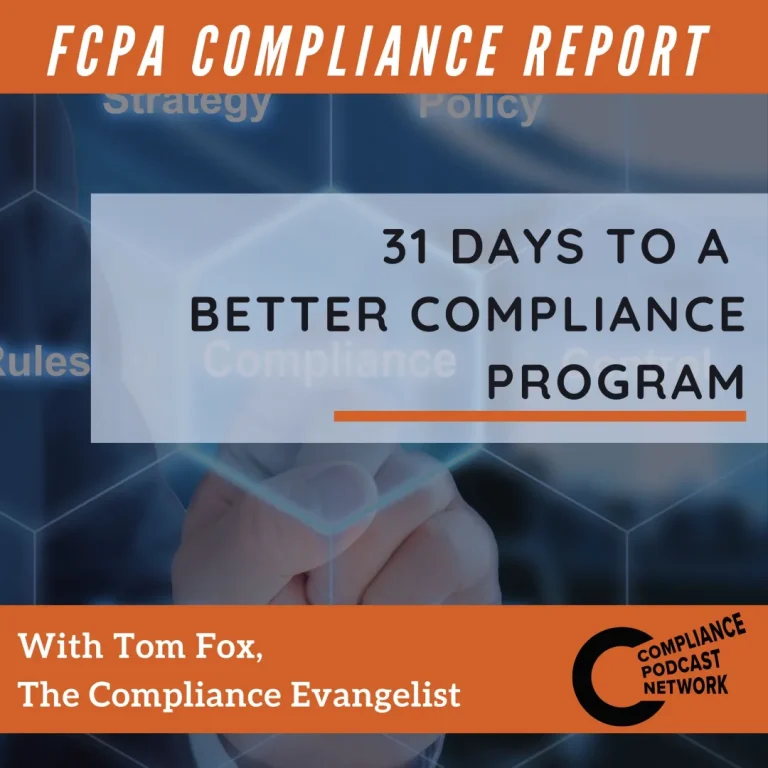There is nothing like an internal whistleblower report about a compliance violation, the finding of such an issue, or (even worse) a subpoena from the DOJ or notice letter from the SEC to trigger the attention of the Board of Directors and senior management to the compliance function and the company’s compliance program. Such an event can trigger much gnashing of teeth and expressions of outrage, followed immediately by the proclamation, “We are an ethical company.” However, it may well be the time for a very serious reality check.
You may find yourself in a position where you will have to have some very frank discussions about what to expect in terms of costs and time outlays. While much of these discussions will focus on the investigative process and those costs, these discussions will allow you to initiate the talk about remediation going forward and begin to explain why money must be budgeted for the remediation process.
Finally, there should be a solid line of communication between the people who are doing the investigation and the people who are leading the remediation. Otherwise, you can only begin your remediation in the most general terms and you will not be able to deal with specific gaps in your compliance program or risks that need to be managed. Such an approach can also be a recipe for disaster. First and foremost, the DOJ will not give you credit and you may lose the types of benefits articulated in the FCPA Corporate Enforcement Policy. Moreover, the executive attention will have dissipated and you will have lost your momentum to clean things up through a thorough remediation.
Three key takeaways:
1. A serious FCPA allegation gets the attention of the Board and senior management. Use this time to move the compliance program forward.
2. Be aware of how your investigation can impact and even inform your remediation efforts.
3. Be prepared to deal with the dreaded “where else” question.
For more information on Ethico and a free White Paper on top compliance issues in 2024, click here.



